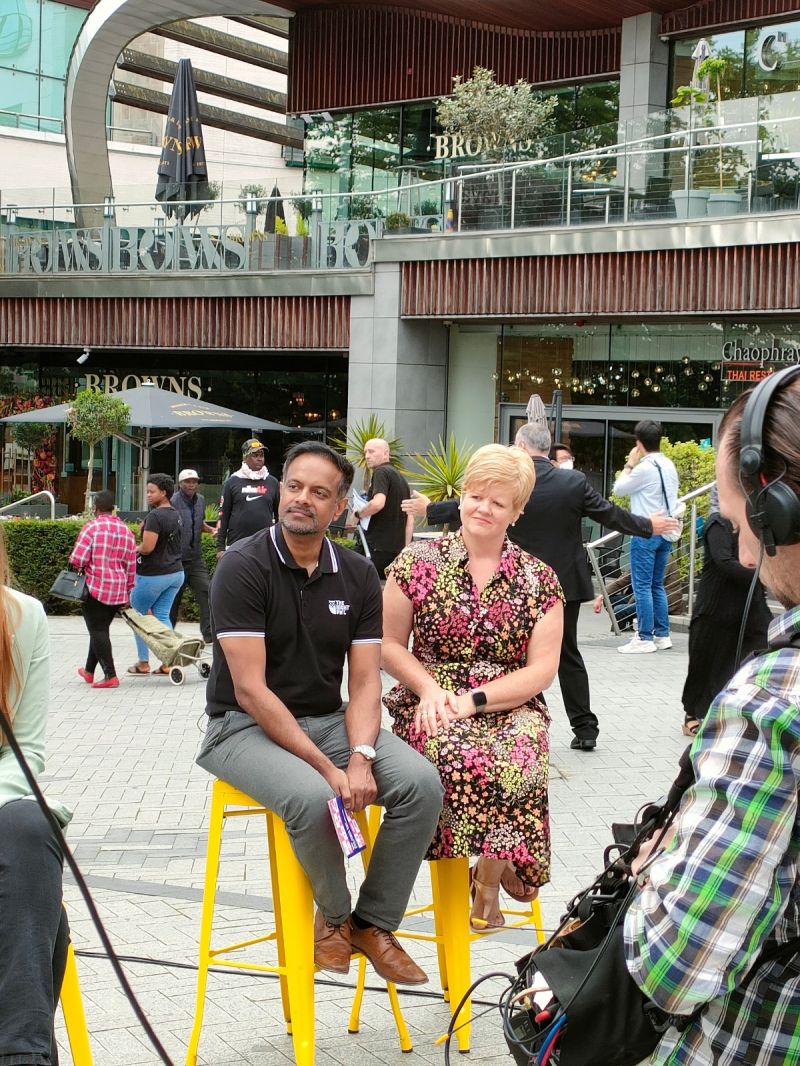The Equality Act provides that it is unlawful to discriminate against someone because of a protected characteristic. “Religion or belief” is one of the nine specified protected characteristics. “Gender reassignment” and “sex” are also protected characteristics.
The Forstater case has become the most prominent case on the potential conflict between “gender-critical beliefs” and the rights of transgender and non-binary people, which remains a highly challenging area for employers.
Maya Forstater was a writer and researcher on sustainable development, working for CGD Europe, a not-for-profit think tank, as a visiting fellow and consultant. She had an active social media presence, including a Twitter account and a personal blog, which predated her involvement with CGD.
Forstater worked for the Centre for Growth Development as a researcher and writer and was active on social media. From 2018, she began tweeting about gender and sex. After her colleagues complained that her tweets were transphobic her visiting fellowship was not renewed and she was not taken on as an employee.
She brought a claim against her employer, claiming she had been discriminated against because of her philosophical beliefs.
Forstater lost her initial tribunal claim but that judgement was overturned in a landmark decision by the Employment Appeal Tribunal (EAT) last year. The EAT decided that under the Equality Act 2010, Ms Forstater’s gender critical beliefs were protected as a ‘philosophical belief’ and concluded that although they “may well be profoundly offensive and even distressing to many others…. they are beliefs that are and must be tolerated in a pluralist society”.
The case went back to a fresh tribunal who recently ruled in her favour that her employer had discriminated her on the basis of her public views on transgenderism, sex and gender criticism by not renewing her contract.
Forstater is a co-founder of the campaign group Sex Matters, a not-for-profit organisation which states they “campaign, advocate and produce resources to promote clarity about sex in public policy, law and culture”. The employment tribunal found evidence that her activism had influenced her employer’s decision not to renew her contract or offer her employment. They also found that Forstater was victimised by her employer when her profile was taken off their website following her complaint.
Maya Forstater released a statement following the decision made by the employment tribunal that her case was important for “everyone who believes in the importance of truth and free speech”.
What does this decision mean for employers?
Firstly, this decision is not ‘legally binding’ on employers which means it doesn’t have to be followed in future tribunal cases featuring religion or belief discrimination. It could also be overturned on appeal.
Secondly, the EAT decision in Forstater reminds us that many philosophical beliefs are protected under the Equality Act 2010 (EQA). This means employers need to be aware that disciplining someone for simply holding their belief, even if it may be offensive to other employees, may be regarded as unlawful direct discrimination by the employment tribunal. The only exception to this rule, is where the belief becomes extreme e.g., Nazism, Totalitarianism.
The Forstater case does not mean that employees are free to exercise their views in the workplace without consequences. If someone’s belief results in them bullying or harassing other employees, then disciplinary action (or even dismissal if the circumstances justify it) is likely to be fair and a tribunal would have little sympathy with a claim for religion or belief discrimination in this situation. For example, in another recent tribunal case a Christian doctor who held a strong belief about transgenderism and refused to use the preferred pronouns of transgender individuals, was found to have been fairly dismissed and his claim of discrimination failed.
The Forstater decision, although likely to be unpopular with the transgender community, demonstrates the tricky balancing act employers must carry out between the competing rights of different groups in the workplace, and reminds us that free speech is a cornerstone of UK law.






